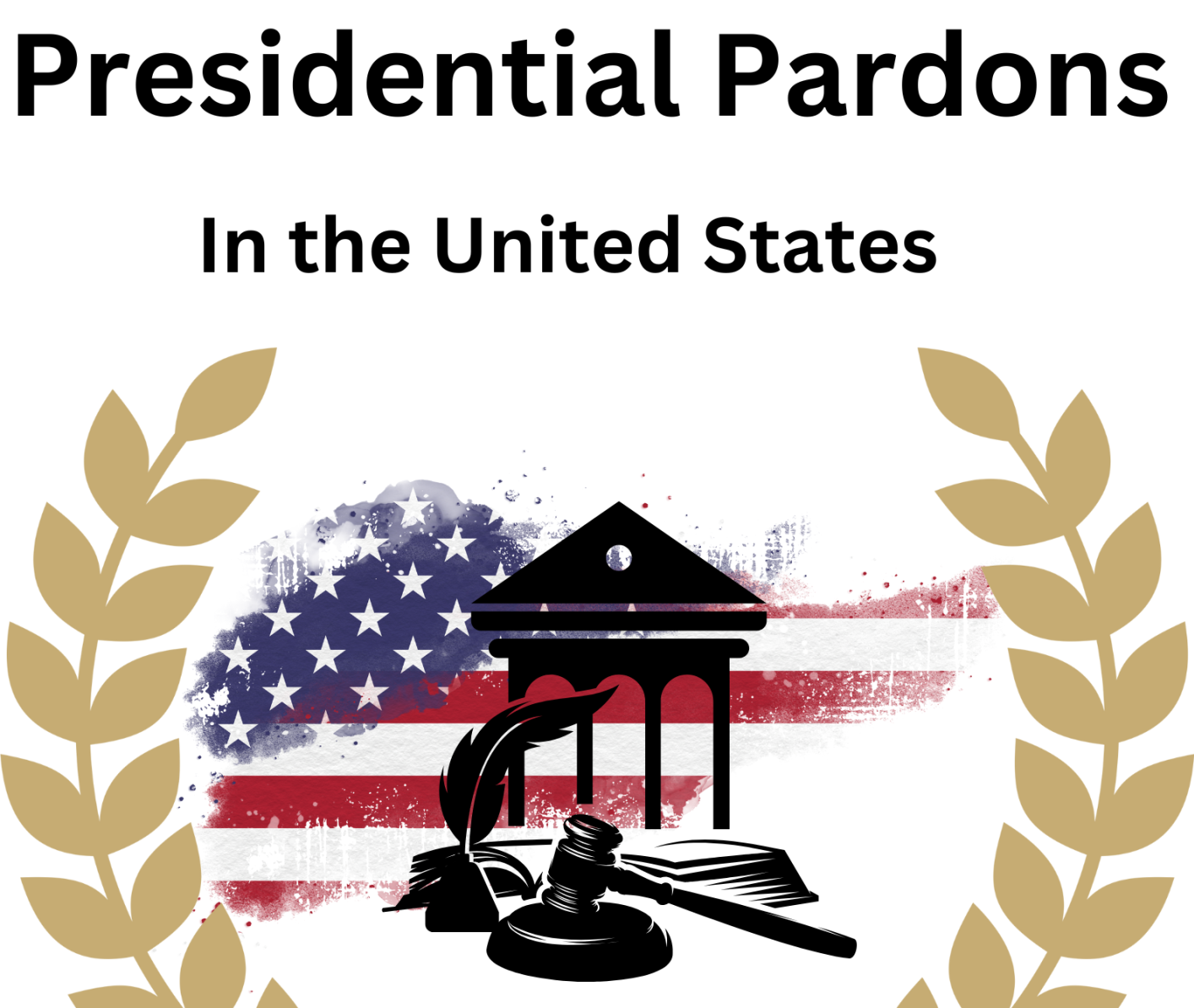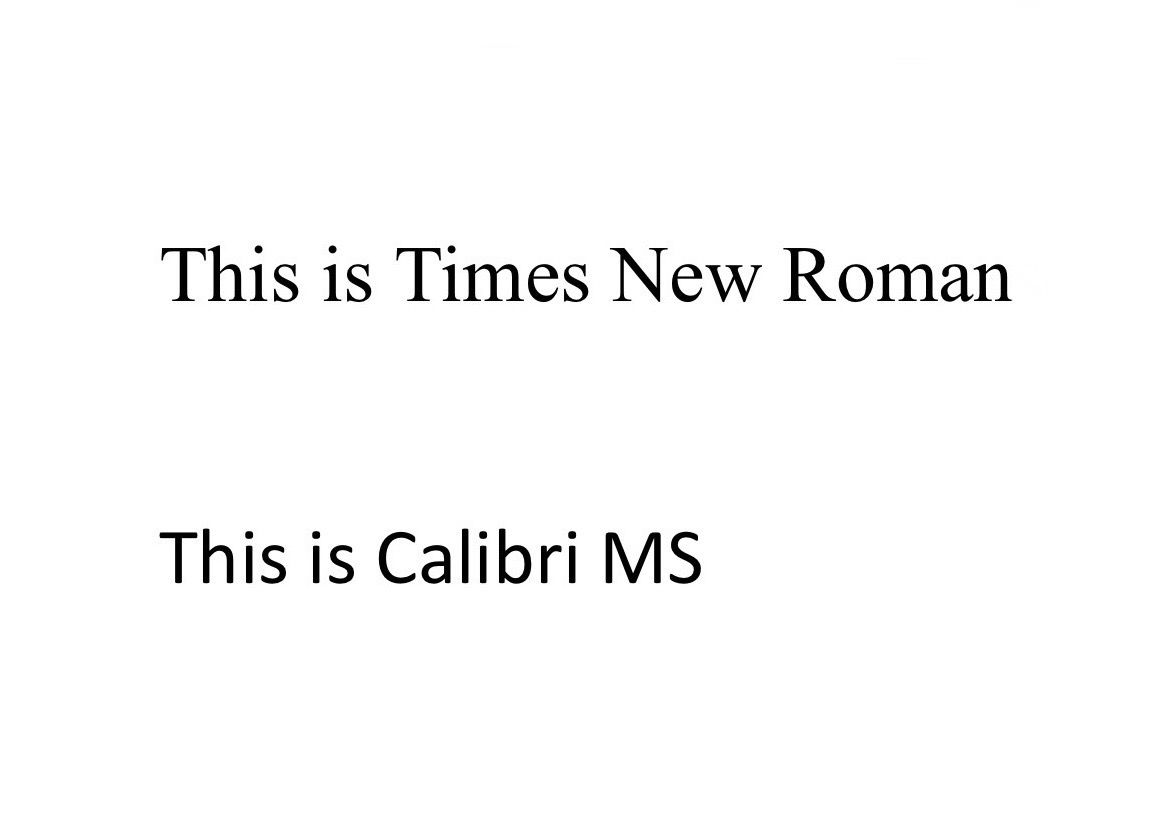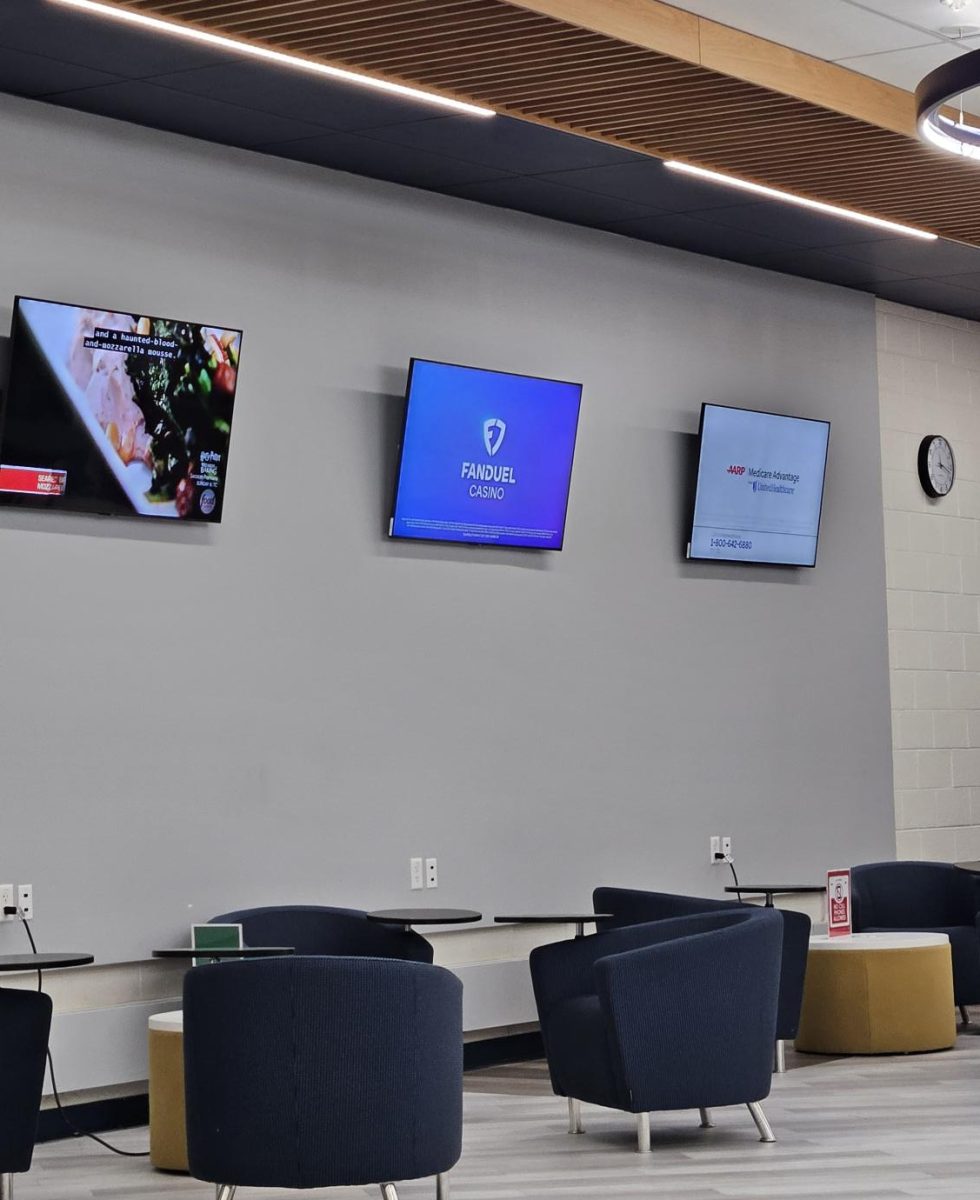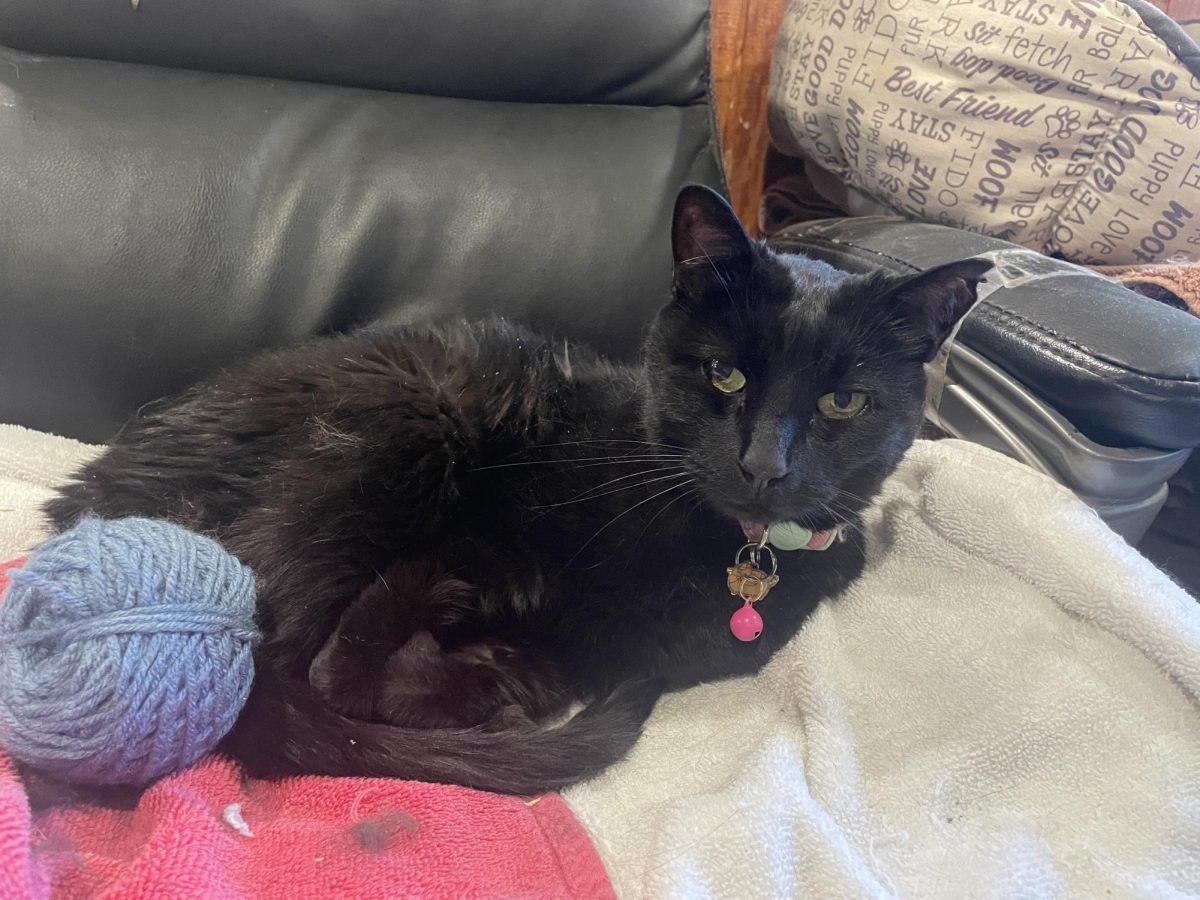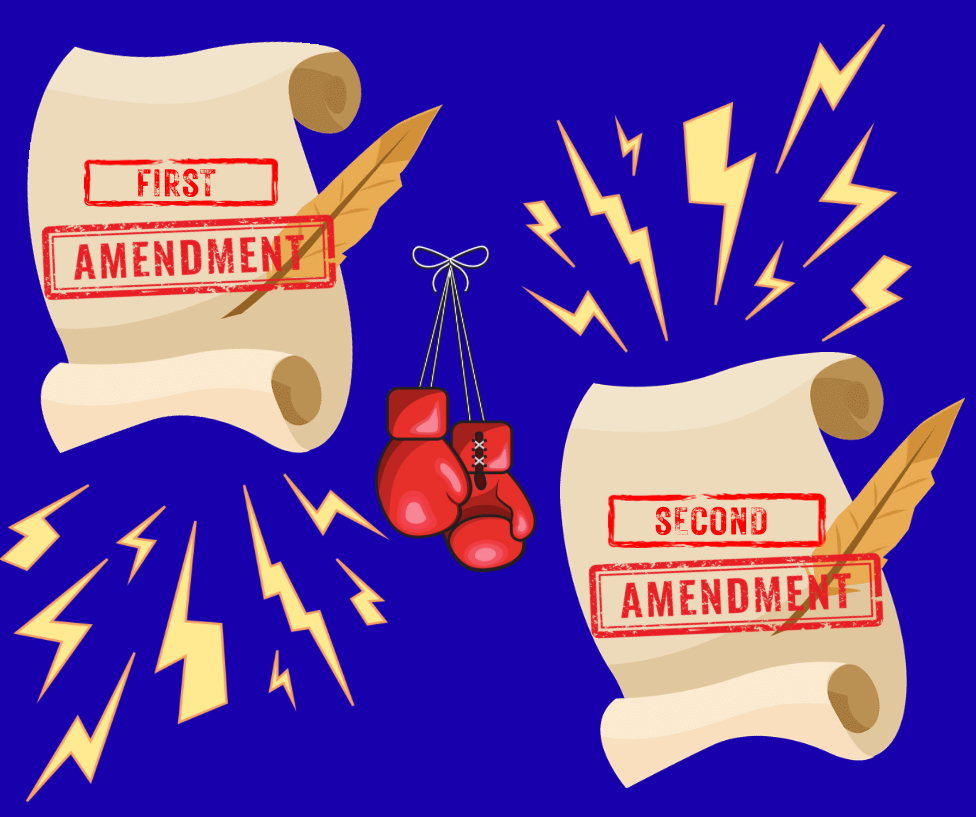Presidential pardons in the U.S.
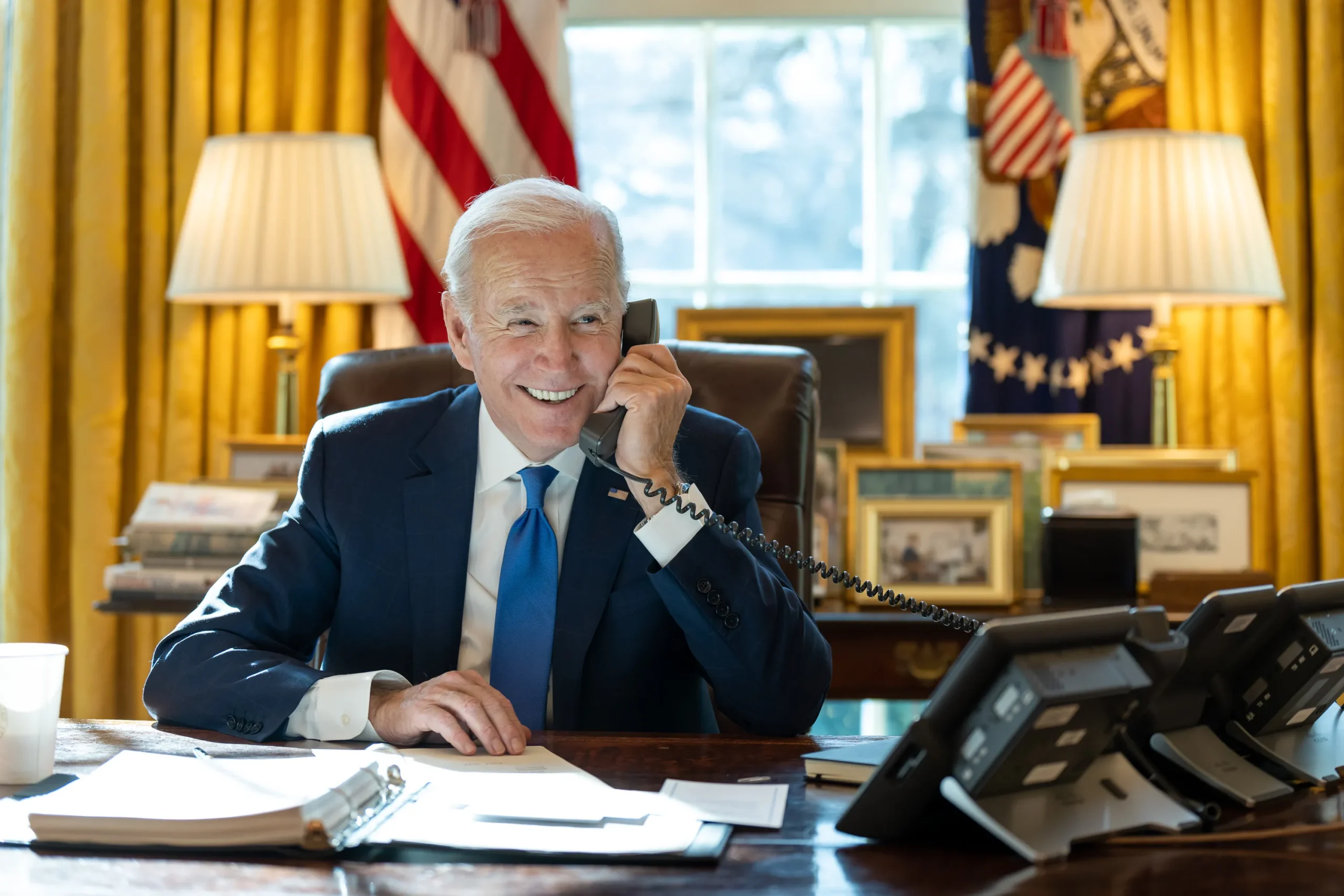
In the United States, the president has the ability to pardon crimes committed at the federal level.
However, there is only so much that should be available for pardoning. Something such as murder should never be pardoned without undeniable evidence that someone did not commit the crime.
Also, the process to pardon someone should be a lengthy process, with multiple sections of government getting involved in the process.
“It’s an unusual power,” AP Government teacher Ted Manner said. “It’s a unilateral judicial power. There’s nothing that Congress can do about it or the courts, so the president can do whatever they want in terms of clemency.”
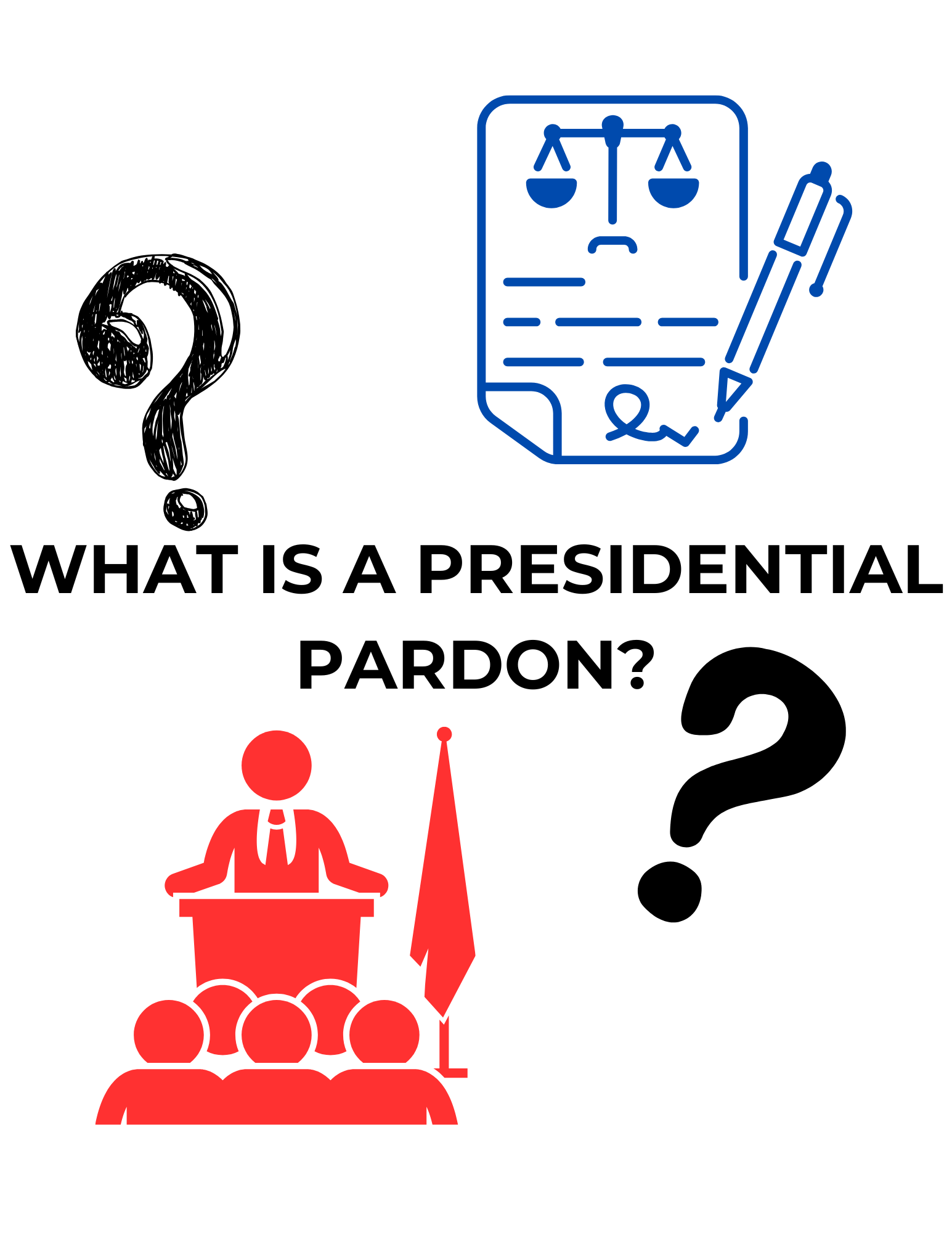
The power to pardon was grated to the U.S. president in Article II, Section II, Clause I of the Consitution.
A pardon is a type of clemency that is part of a presidents power, and there are four types of clemency.
The first type is a pardon which “releases a person from punishment and restores all civil liberties” (whitehousehistory.org).
The next type is amnesty, which “is the same as the pardon but is extended to an entire class of individuals” (whitehousehistory.org).
Commutation is another type of clemency which “reduces the sentence imposed by a federal court” (whitehousehistory.org).
Finally, there is a reprieve which “delays the imposition of a sentence or punishment” (whitehousehistory.org).
“There’s always a check to power, but this is an actual express power that the president has in the Constitution,” U.S. history teacher James Kluska said.
Despite being an express power, there are a few limitations of the presidential pardoning power, such as a crime must be committed for a pardon to be issued.
A president can also only pardon federal crimes, not state or local crimes.
Finally, if a president gets impeached, then they are no longer able to use their pardoning power.
Over the years, many presidents have used their pardoning power.
However, presidents from George Washington, who was president from 1789 – 1797, to Grover Cleveland, who was president from 1893 – 1897, did not use pardons.
Instead of pardons, they used one of the other acts of clemency a president can use.
From presidents William McKinley to Joe Biden, pardons have been a more common practice
Presidential Pardons by Ella G
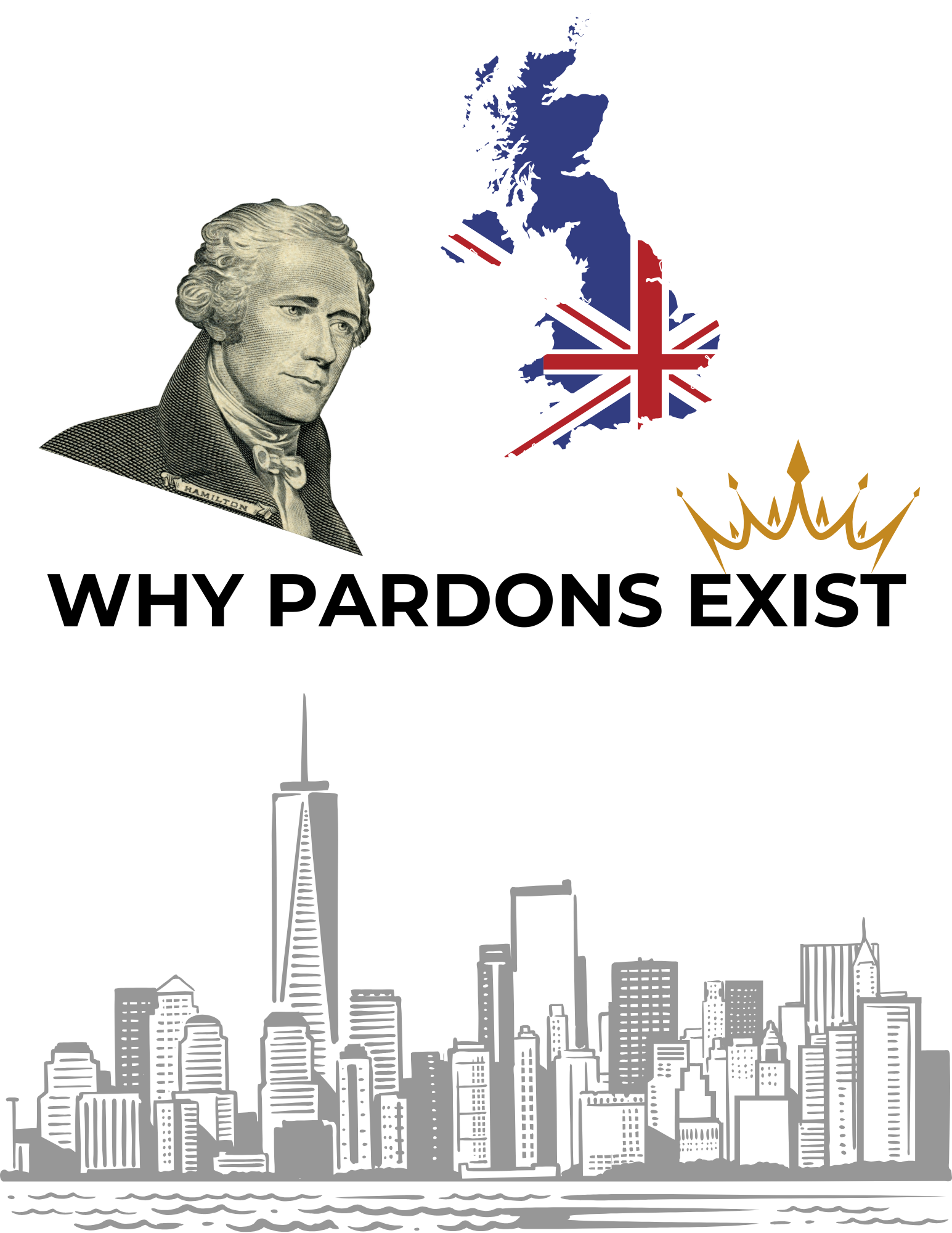
Originally designed by the English legislation during the seventeenth century, the first idea of pardons was introduced by King Ine of Wessex. During this time, pardons were known as the “prerogative of mercy.”
“Kings have always had this pardon power,” Manner said.
Long after pardons were introduced to the English government, Alexander Hamiltion proposed the idea of granting any president of the country the privilege of excusing anyone from a crime they have been held federally accountable for during the Constitutional Convention.
“Hamilton stuck to keeping that power,” Manner said. “He was the one who was the most for the concept of a powerful, unitary executive, and he held onto the idea of a pardon power.”
Hamilton originally introduced this idea as the president, needing approval from the senate on whoever they were planning to pardon. However, by the end of the discussion, it was concluded by the delegates that the president would be given the gift of being able to pardon whoever they wanted to without any limitations.
Due to the sculptors of the constitution placing the pardon power in a branch of the government other than the judicial branch, concerns rose exponentially.
William Blackstone, an English jurist, shared his concerns for this ruling. Blackstone said that giving the president this much power when it comes to the excusing of a federal crime should not be given to one person and that pardoning one for treason would ultimately lead to impeachment and the removal from office.
“It is very strange that you are giving the president this much power,” Manner said. “Very bizarre. You would think they would have avoided maintaining a legacy of monarchy, but that’s clearly what they did there.”
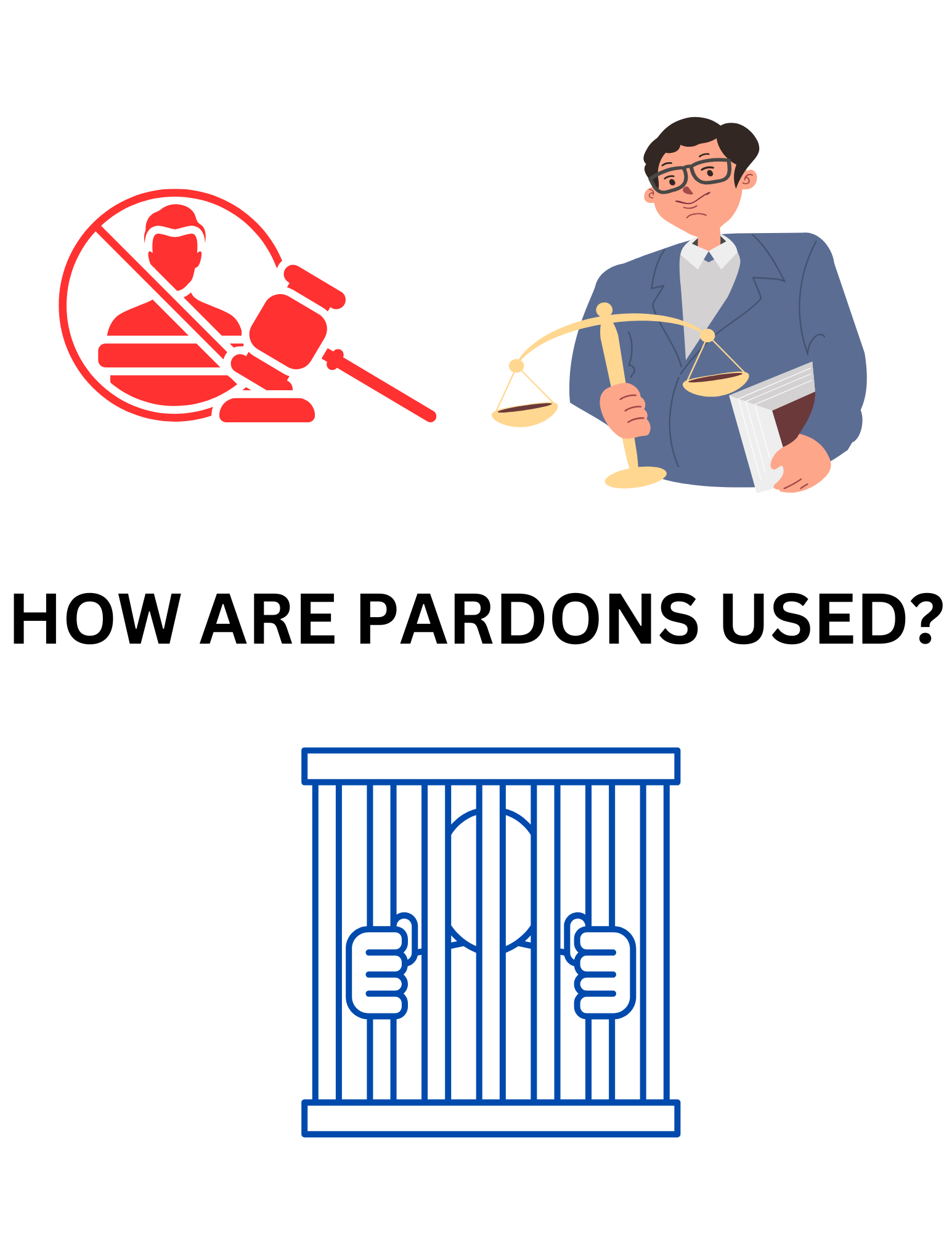
Pardons fall under the category called clemency, or the act of leniency to be merciful. There are also three other types of clemency along with pardons.
“So, you have pardon power, you have commutation, and you have reprieve, and there really are no limitations on those powers,” Manner said. “The president has limited constitutional powers compared to congress. Congress has the power. The president has powers too, but there are only a couple of them, and one of them is pardon power.”
Outside of these rules governing presidential pardons, there is another system that presents guidelines for the president to follow. However, presidents are permitted to not follow these pieces of advice.
“Within the Justice Department itself, there is an office that gives guidance to the president,” Manner said. “And there are rules, but they do not have to be followed because, once again, the president has unilateral power.”
The Office Pardon Attorney at the Department of Justice makes guidelines for the president to follow when trying to pardon someone. The Pardon Attorney is an advisory, or the person who gives the president advice or predictions of what may or may not occur if he pardons the individual he is planning on excusing from the crime he is being held liable for along with the Deputy Attorney General, the Pardon Attorney’s executive.
The final pieces of advice are given to the president by the Office of White House Counsel, who are not decision making authorities though.
Throughout history, pardons have been used multiple different ways. Sometimes presidents pardon large groups of people, other times they excuse just one person from their crime.
“Every president uses them,” Manner said. “Some more than others. Every president has a vastly different way of doing it.”
There have also been times when presidents bend the rules governing presidential pardons.
For example, Jimmy Carter pardoned Vietnam draft evaders who were not charged for their crimes at the time.
“The biggest example of this would be Ford’s pardon of Nixon,” Manner said. “That was a very controversial act, and it cost him his presidency. Trump also made a very controversial pardon with his son-in-law’s father. That was an interesting pardon because normally you do not pardon people you have a connection with.”
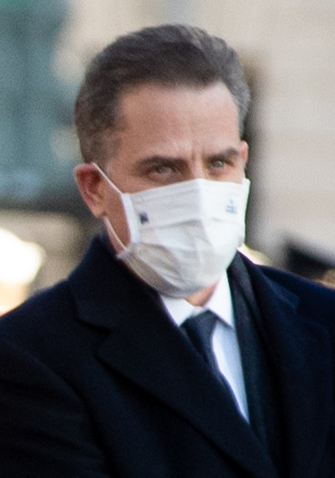
On Dec. 1, 2024, Joe Biden pardoned his son, Hunter Biden, who was prepared to be sentenced the same month for gun and tax convictions.
According to ABC News, White House press secretary Karine Jean-Pierre said that the president believed that his son was “singled out politically,” and that they “tried to break his son in order to break him.”
“Would he have done it if he didn’t think he would be targeted by the incoming legislation?” Manner said. “ I think that definitely played a part in why he pardoned his son.”
Citizens of the U.S. are conflicted about the president’s decision. Some claim that it is a primary example of corruption within the U.S. legislation, while others attempt to defend his actions by saying it was politically motivated.
“It doesn’t look good,” Manner said. “So he ran on the idea of maintaining the integrity of the Justice Department. By doing this, it makes it look corrupted. It’s just a bad move.”
Your donation will support the student journalists of Delaware Valley Regional High School. Your contribution will allow us to attend conventions, purchase equipment and cover our annual website hosting costs.





